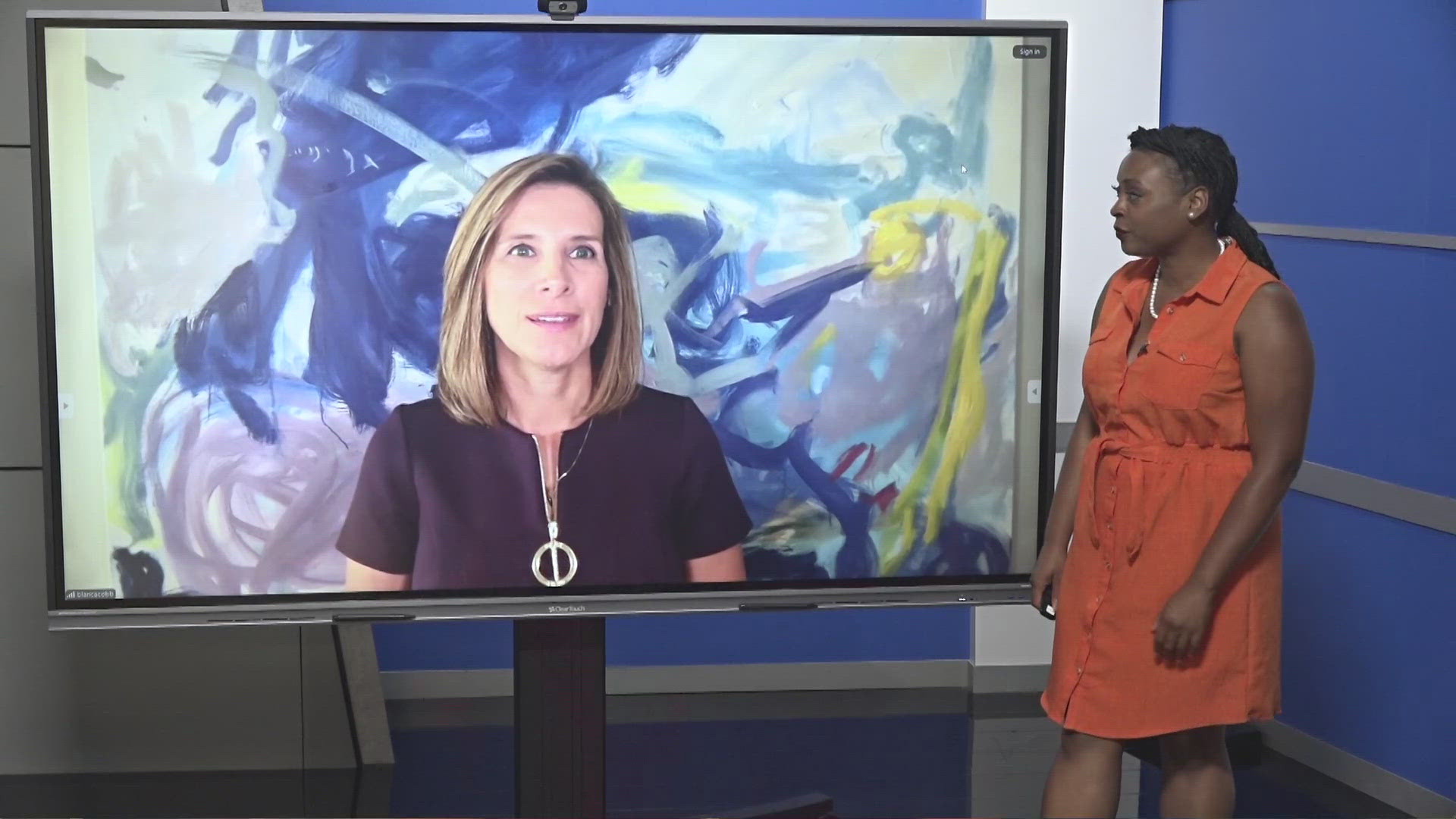GREENSBORO, N.C. — Ben Affleck is back in the news, but not because of his reported marital troubles.
However, because the paparazzi claim that Ben had an angry outburst, Ben told the photogs in a video that flashing bright camera lights into his car is dangerous and could cause a wreck. It's hard to disagree with his statement objectively.
This got us thinking about why some people will deflect their responsibility and focus on someone else's reaction that they caused. There's a major problem with solely focusing on someone's response to something you're responsible for.
Blaming the person reacting to a dangerous or negative situation takes the focus off the one creating the problem. The problem with this thinking is that it ignores the cause and effect, minimizes the potential danger, normalizes inappropriate behavior, and makes a cycle of blame. Let me give you an example to put this all together. Let's say that a jogger is running on a path when an unleashed dog rushes towards her.
The dog's owner then yells at the jogger for "scaring" his dog. The owner created a dangerous situation by not leashing his dog. Blaming the jogger for being startled by his unleashed dog takes away the dog owner's responsibility for his dog's behavior.
A few different psychological reasons drive someone to find fault in how another person responds to a negative or dangerous situation they created. It can be a subconscious attempt to protect their self-esteem to avoid feeling wrong about the problem. It could help them maintain a sense of control in situations where they messed up. It could be explained by cognitive dissonance. You feel this mental discomfort when your beliefs or actions clash with reality.
If you believe you are a good person but create a negative situation, blaming the other person can help you reconcile those conflicting ideas. Some people have a lack of awareness, and they're not good at recognizing their own mistakes and their impact on someone else.
Here are some steps to take responsibility for your actions and not focus on someone's reactions to your behavior and mistakes. First, ask yourself, "How did my behavior play a part in what happened?" Second, shift your focus from how they reacted to the impact of your actions. Ask yourself, "How might my behavior have made them feel?" Third, avoid excuses such as "but they…" or "if they hadn't…" Own it and apologize. Last, ask yourself what you could do differently next time.
Share your thoughts on my Facebook page: Blanca Cobb – Body Language Expert. Write a message on my timeline, and I'll get back to you. While you're on my page, I'd appreciate it if you give my page a "like."
MORE WAYS TO GET WFMY NEWS 2
Subscribe to our daily newsletter Let’s Get 2 It!
Download the WFMY News 2 APP from your Apple or Google Play store.
ADD THE WFMY+ APP TO YOUR STREAMING DEVICE
ROKU: Add the channel from the ROKU store or search for WFMY.
Amazon Fire TV: Search for WFMY to find the free app to add to your account. You can also add the app directly to your Fire TV through your Amazon account.

